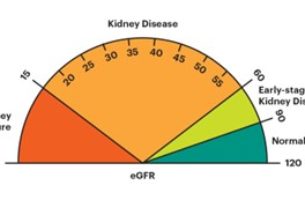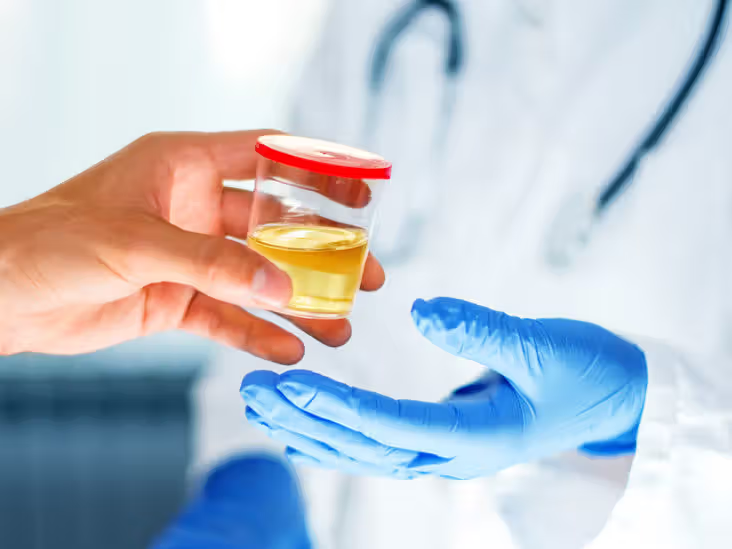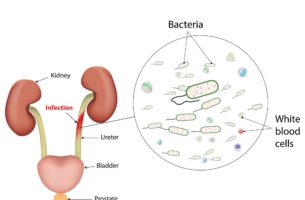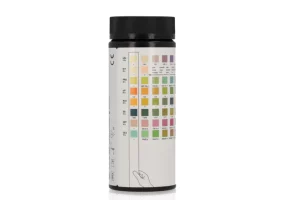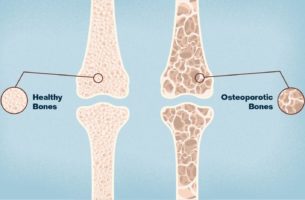Top 10 Weight Loss Tips In this article we will describe our top 10 weight loss tips. It is not easy – but possible. But it’s quite simple actually. The answer is .. eat under 2,000 calories a day (or 1,500 if you’re a woman), every day. Harder to do of course. Let’s repeat that. […]
Read More10 more myths and facts about CKD Here are 10 more myths and facts about CKD. Does CKD run in families? Myth 1: CKD is not hereditary. Fact: CKD can have a genetic component. But the only common hereditary cause is polycystic kidney disease (PKD). CKD is curable like alot of diseases Myth 2: CKD is curable. […]
Read MoreUTI: 5 facts and 5 myths Urinary tract – UTIs can affect any part of it. Here are 5 facts and 5 myths about UTIs: 5 Facts Fact 1: UTIs are more common in women. Due to their shorter urethra, women are more prone to UTIs. Fact 2: Bacteria cause most UTIs. Escherichia coli (E. […]
Read MoreHow do you get UTIs? Urinary tract infections (UTIs) are usually caused by bacteria from poo entering the urinary tract. Urinary tract The bacteria enter through the tube that carries pee out of the body (urethra). Women have a shorter urethra than men. This means bacteria are more likely to reach the bladder or kidneys […]
Read MoreWhat is Sleep Hygiene and Why is it Important? A good night’s sleep is something that everyone deserves, it is important for allowing neurons to rest and for consolidating long-term memories. However, many people struggle to create an environment which affords the best opportunities for quality sleep. Understanding what sleep hygiene is and how best […]
Read MoreWhat is a UTI (urinary tract infection)? Most urinary tract infections (UTIs) are a simple illness, irritating but does not make you that unwell – and respond well to antibiotics. But they can, occasionally, be serious or even life-threatening – and require hospital admission. 1. What is a UTI? A urinary tract infection (UTI) is an infection […]
Read MoreWhy was the NHS set up? The NHS was set up in 1948, so that everybody shared the burden of paying for healthcare from by doctors, nurses, midwives, and dentists – rather than the costs coming directly from ill or injured people. It is an example of a ‘socialised healthcare system’. It was not first […]
Read MoreWhat does a urinary dipstick measure? A urinary dipstick is a simple and very helpful screening test. It is especially useful in general practice (GP). It measures several parameters in urine, including: Here’s what each test on a urinary dipstick typically indicates: pH: Measures urine acidity (low pH) or alkalinity (high pH). Abnormal levels can […]
Read MoreOsteoporosis: The silent threat if your are over 30 years old “Worldwide 1 in 3 women and 1 in 5 men over 50 will suffer an osteoporotic fractures” — International Osteoporosis Foundation (IOF) Osteoporosis is often called a “silent disease” because many people don’t realise they have it until they break a bone, usually in […]
Read MoreHistory of the NHS On 5th July 1948, Labour Minister of Health, Aneurin Bevan MP, launched the NHS at Park Hospital in Manchester (Trafford General Hospital). This picture is him with the NHS’s first patient, 13 year old Sylvia Diggory. This pages collates MyHSN’s 10 articles on the History of the NHS. Very short History […]
Read More


